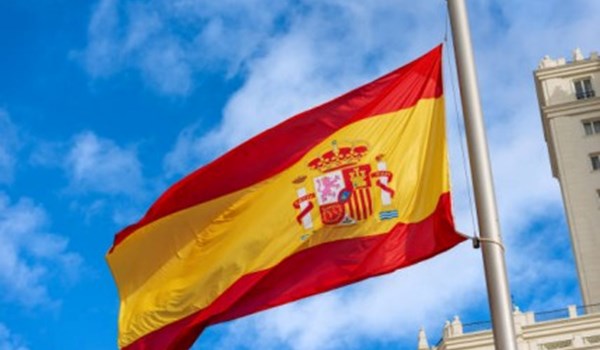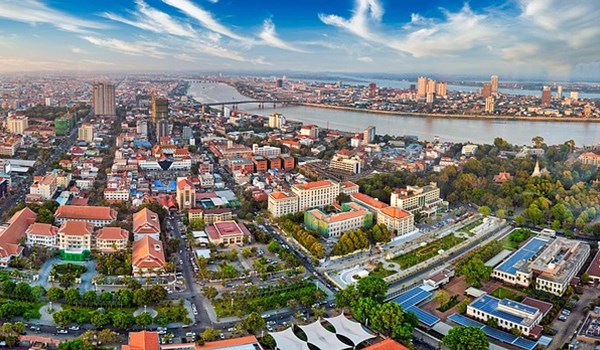The Maltese Government yesterday made it clear that it opposes the European Commission’s proposals for the introduction of a harmonised taxation system for companies. At the same time Malta is supporting the Commission on its proposals on the next EU Budget, covering the financial period 2007-2013.
These formal declarations were made by Tonio Fenech, Parliamentary Secretary in the Ministry of Finance, while addressing his colleagues during an informal Finance Ministers’ meeting in The Hague, the Netherlands. Mr Fenech attended the meeting on behalf of Prime Minister Lawrence Gonzi, who is also responsible for the finance portfolio.
Speaking to The Sunday Times at the end of the meeting, Mr Fenech said that one of the hottest issues on the agenda was the discussion on the Commission’s proposal to harmonise the way corporate taxes are calculated across the EU.
This is seen by some as the first step towards tax harmonisation. This idea is strongly supported by large member states, particularly France and Germany. On the other hand, the UK is strongly against.
Mr Fenech said Malta made it clear it does not support the Commission’s views. He added that Malta does not agree with the Commission’s interpretation that such a system will reduce any administrative burden on the effected companies.
At present, Malta does not have any corporate tax system and all companies fall under the same income tax system used for individual taxpayers. The introduction of a harmonised system in the EU will automatically mean the introduction of a corporate tax system in Malta.
Asked to confirm this by The Sunday Times, Mr Fenech said that, following the discussion, the debate was postponed and so there is no real risk for the coming two years. He added that such a proposal can only become law by unanimous support and “Malta is not the only country that is saying no.”
The finance ministers also discussed the financial perspectives for the next seven-year budget period commencing in 2007 for the first time. The discussion is still in its early stages and the biggest issue at the moment is how much money should be spent.
The European Commission is insisting that the next budget must be expanded and has called for an increase during the period from €133 billion in 2007 to €158 billion in 2013. On the other hand, six member states (Austria, France, Germany, the Netherlands, Sweden and the UK), who pay more into the EU budget than they receive, have demanded that the budget ceiling be capped to one per cent of gross national income.
During yesterday’s meeting the Dutch Presidency proposed that the two issues of how much money the budget should include and what needs to be paid for should be considered as the same topic.
Mr Fenech said that Malta was supporting the Commission’s proposals that the Budget should be increased. This is because now there are 25 countries in the EU and the needs of some poor countries are much more than before.
He said Malta agrees with the Commission’s proposals that the capping should be at 1.14% and not at 1% of GNP as the large member states were asking.
During the Ecofin meeting, finance ministers also gave their first reaction to the proposals for a reform of the Growth and Stability Pact, unveiled by the Commission last week.
The discussion on these issues is not expected to be concluded under the Dutch presidency and will continue into the first six months of next year under Luxembourg presidency.



